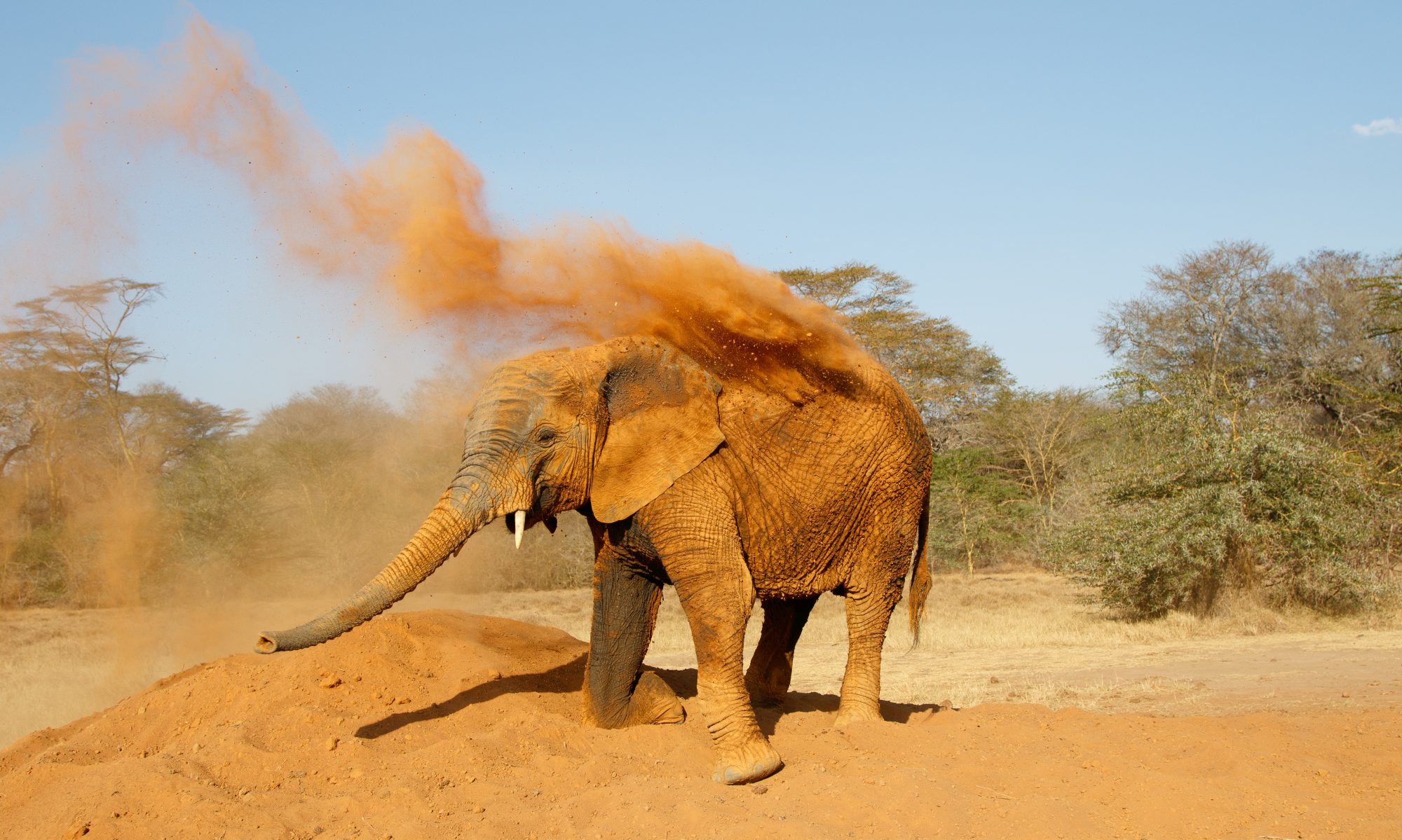Experts have warned on several occasions that conservation activities in Tanzania are seriously impaired by shortage of funding, which consequently expose the country’s fantastic forests and wildlife– especially rare species– to imminent threats of extinction.
The funding shortfall is undermining protection of the ecology and biodiversity, which are threatened by and left vulnerable to illegal human activities, such as poaching, logging and farming.
But a recent report shows that in some areas, conservation efforts are derailed by widespread hunting for bush meat, in addition to other human encroachment activities. To address the situation, the experts want to see more investment in conservation, to help the government recruit and train more personnel and partner with local communities in the management of natural resources.
"Tanzania is hugely under-resourced for conservation tasks; this is a major problem," says Mr Trevor Jones of the Udzungwa Elephant Project, who cautions that the country is facing increasing difficulties to conserve its remaining fantastic natural riches.
But his comments come in the wake of a new report released early this month, which warns that "the populations of several animal species in southern Tanzanian forests are suffering alarming declines due to bush meat hunting and habitat degradation".
The report, prepared by Tanzanian and international scientists and conservation organisations, describes the results of three separate research projects focused on the threats to biodiversity in Uzungwa Scarp Forest Reserve in southern Tanzania since 2004. It shows that Tanzania’s wildlife has been hugely impacted by human activities and recommends that action be taken urgently to protect it. Also affected is the biodiversity critical to the health of the ecosystems which many Tanzanians rely on for water, soil fertility and other services.
"Tanzania has an amazing conservation record, but the increase in human population, and other external pressures such as the increased demand for ivory and other animal products from China, means it will get harder and harder for the country to conserve the incredible natural riches it still has," Mr Jones, a biologist in the team which compiled the report, further noted.
Another member of the team, Sokoine University lecturer Amani Kitegile, says bush meat hunting is also becoming a serious threat to wildlife in Tanzania. He told The Citizen on Saturday that apart from fire, hunting is an immediate threat to wildlife populations and a major conservation problem for the Uzungwa Scarp Forest Reserve.
The fires and bush meat hunting aside, other human activities like pole cutting and illegal logging have also exacerbated the problem, as they lead to further deforestation and soil degradation. According to Mr Kitegile, the government needs to revisit its policies and approaches towards conservation issues to tackle the problem holistically.
"Increased law enforcement will have some immediate effect at decreasing human pressure on the forest. But the costs will be high if other options are not considered; and these include providing alternative sources of protein (meat) and income and some level of assurance that the preservation measures will benefit local people in the long term," he noted.
Tanzania’s national website shows that the contribution of forestry sector to the country’s gross domestic product is estimated to be eight to 10 per cent.
A press release on the report quotes Udzungwa Ecological Monitoring Centre coordinator Arafat Mtui saying that the study results dramatically show that some species in the area were on the brink of extinction from one of their last remaining strongholds. Among the most affected species is the Udzungwa red colobus, a monkey found only in these mountains and nowhere else in the world.
The report also found that duikers, small antelopes, are too in danger of vanishing from the forest due to hunting, and the Angolan colobus, another monkey found in the area, may have already disappeared from parts of the forest. Historically, the authors of the report argue, hunting and other human impacts have long taken a toll in the forest – wiping out large animals as elephants and buffalos.
"The Udzungwa Mountains are the pearl of the Eastern Arc Mountains because they contain the largest forests and have extraordinary numbers of plant and animal species found nowhere else on earth, including two species of monkeys," stated Dr Francesco Rovero of Italy’s Trento Museum of Natural Sciences, who led the preparation of the report.
He added: "Unfortunately, while some of the forests are protected by the Udzungwa Mountains National Park, there are important forests such as Uzungwa Scarp Forest Reserve that have not been granted adequate protection."
The researchers have recommended immediate steps to be taken to halt the decline of the forest’s rare species, including stepping-up law enforcement efforts and forest patrols; providing opportunities for local communities to get involved in managing the forest; and environmental education for locals. The researchers further recommended that the government should upgrade the area’s protected status to ‚Nature Reserve‘.
"The government needs to allocate the resources that are required to manage this national treasure and to address the needs of the adjacent communities," Mr Charles Meshack, the executive director of the Tanzania Forest Conservation Group, noted in the statement.
A biological hotspot, the Eastern Arc Mountains are home to some 100 unique animal species and 850 unique plants. In a recent list prepared by Conservation International (CI), Africa’s mountain forests, including the Eastern Arc, were listed in the world’s top 10 most threatened forests.
Source: http://allafrica.com/stories/201102210290.html

